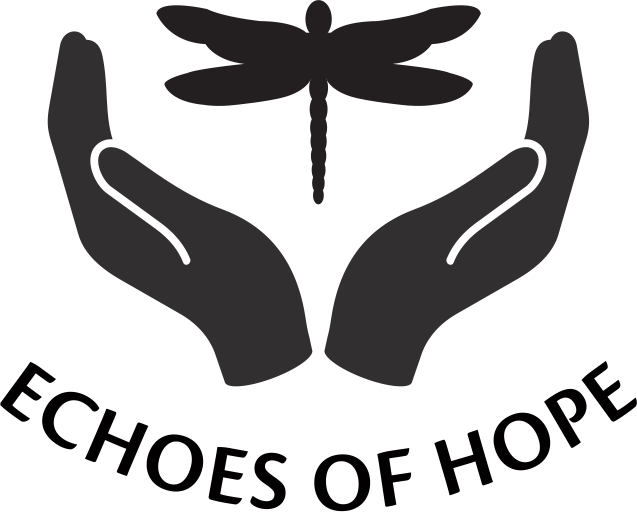Only 3 Percent of Foster Kids Graduate College — Meet One of Them Who Defied the Odds
On a warm evening in Los Angeles, amid the roar of applause and rowdy cheers at USC’s commencement ceremony on May 12, Felicitas Reyes clutched her college diploma and wondered if she might be dreaming.
“It was what I’d wanted since forever, but it felt so surreal,” Reyes tells PEOPLE.
Reyes, who grew up in and out of foster care to escape the “roller coaster” chaos of life at home, is a statistical anomaly – and a shining example of someone who refuses to give up on a dream.
Last year, over 20,000 young women and men between the ages of 18 and 21 (it varies by state) aged-out of the foster care system, many of whom ended up losing government assistance, which further complicates the uncertainty in their already traumatic lives.
Yet only 3 percent of these kids manage to accomplish what Reyes just did – and graduate college. “I just always knew that if I wanted to make another type of life for myself, college was the only way,” she says.
For more on Felicitas Reyes’ powerful story, check out this week’s issue, on newsstands now.
For as long as Reyes can remember, life has been hard. She was born in Georgia where her Mexican immigrant father had come to look for construction work. He soon began drifting “in and out” of her life.
Her mother turned to drugs and alcohol to cope, she says. By the time she turned 6, she had already spent a year in foster care. “I can’t even remember how many schools I attended,” she recalls. “We were always moving because of evictions.”
In 2003, the then 9-year-old boarded a Greyhound bus with her mother and siblings and traveled to Orange County, California, where her mother’s family lived. They bounced around between homeless shelters and cheap motels before social workers stepped in and placed all eight kids in a group home.
The siblings were eventually sent to live with various foster parents, only to be returned to their mother, who often struggled to hold down a job while fighting to stay sober. Before long, the siblings were taken away from her again.
“It was a cycle that just kept repeating itself,” Reyes says.
Despite the turmoil, her mother always “put education in front of everything else,” and her daughter soon realized that school was her only way to escape the cycle.
By ninth grade, thanks to a number of “amazing teachers,” she was accepted into a program that allowed her to attend a top-ranked public high school in Amherst, Massachusetts.
Not long after she arrived, her older brother was shot and killed by police, sending her mother into a deep depression and her younger siblings back into foster care. She credits her older sister Vanessa, who also attended USC six years earlier, as the “role model” who allowed her to believe that she could one day go to college.
But even after she began attending USC in 2013, thanks to a patchwork of scholarships and grants, the stress of having no money and the uncertainty of where she would live during summer and winter breaks sent her into a deep depression.
“I didn’t know if I really belonged there,” she says, admitting that she contemplated “dropping out” of school, but ultimately refused to give in.
She graduated on May 12 with a 3.8 GPA, a degree in American studies and a burning desire to become an “advocate for at-risk and marginalized youth.”
Now this young woman, who has overcome so many obstacles, faces another challenge – finding a job.
“It’s a rough road for everybody getting out of college, but it’s especially rough for those who have been in foster care,” says Patrick McCabe, founder of Ready To Succeed LA, which helps college students and graduates like Reyes tackle the job hunt by providing a variety free services like internships, resume help, mentors and career coaches.
Says Reyes, who has since reconnected with her mother (now a decade sober) and father: “I’m more excited now than I am nervous. But I’m not complaining. I’m one of the lucky ones.”
What’s life like for those foster youth who aren’t as lucky—or as determined—as Reyes?
“It’s very bleak,” says Lisa Russell, founder of the Pittsburgh-based Educational Tutorial Services, a nationwide private tutoring program for foster kids.
There are roughly 400,000 children currently in foster care nationwide, and very few have any support system in place when they exit the child-welfare system between the ages of 18 and 21.
About 25 percent end up homeless within four years of leaving, according to government data. Only half are employed by the time they turn 24, and more than 70 percent of girls become pregnant by the age of 21.
“People need to know what’s happening to these kids,” says Russell. “It’s a dire situation.”
